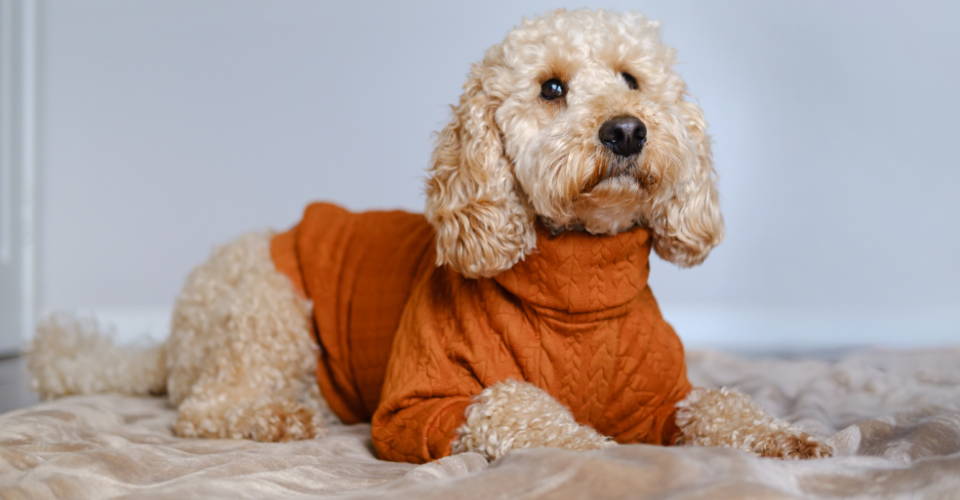Celebrating the Diversity of Dog Breeds
In the rich tapestry of canine diversity, mixed-breed dogs stand out as unique individuals with a blend of genetic backgrounds. However, amidst the fascination surrounding these beloved pets, there are plenty of misconceptions and misunderstandings.
Understanding the Basics
To navigate the terminology, let's begin with clarity. Purebred dogs have registered parents of the same breed, while mixed-breed dogs, often referred to as mutts, have unregistered parents with a lineage of several different breeds. While purebreds have predictable traits, mixed breeds offer a delightful surprise package, combining various traits from their diverse lineage.
Mixed-Breed Dog Qualities
Mixed breed dogs, or mutts, come in all shapes, sizes, and temperaments, which reflects the diversity of their ancestry. They may inherit the best (or the worst) traits from their parents, making them unique and unpredictable. Despite this variability, mixed-breed dogs make wonderful pets, cherished for their individuality and charm.
Designer Dogs: A Closer Look
Designer dogs, also known as hybrids or crossbreeds, are intentionally bred crosses between two existing breeds. They're marketed for their unique combinations of traits, often aiming to blend desirable qualities from different breeds. However, the claims of non-shedding coats or superior health aren't always guaranteed.
Debunking Misconceptions
- Coat Type and Shedding
Contrary to popular belief, mixed breeds may or may not be non-shedding, depending on the combination of parental traits.
- Predicting Personality
Crossbreeding results in a wide range of personalities, making it challenging to anticipate a dog's behaviour solely based on its breed mix.
- Appearance
Mixed-breed puppies can have vastly different appearances, making it difficult to predict their adult size, coat type, or physical characteristics.
- Cost and Rarity
Designer dogs are often priced higher than purebreds, and their popularity doesn't necessarily reflect rarity or uniqueness.
- “Hybrid Vigour”
While hybrid vigour may offer some health benefits in first-generation crosses, subsequent generations may still inherit genetic vulnerabilities from their parent breeds.
- Health Concerns
Crossbreeding doesn't eliminate the risk of hereditary health conditions, and responsible breeding practices are crucial for maintaining canine well-being.
Fascinating Hybrid Dog Breeds
Beyond the common Labradoodles and Goldendoodles, there's a world of intriguing hybrid breeds.
- Bull Arab: A versatile hunting and guard dog with a mix of Bull Terrier, Greyhound, and Pointer ancestry.
- King Shepherd: A loyal and intelligent breed blending German Shepherd with other large breeds such as Alaskan Malamute and Great Pyrenees.
- Lurcher: A sleek and agile hunting dog combining sighthounds such as Greyhounds with other breeds for versatility.
- Maltese Shih Tzu: A small, affectionate companion merging the Maltese and Shih Tzu breeds for a hypoallergenic lapdog.
- Northern Inuit Dog: A debated hybrid with Husky, Malamute, and German Shepherd lineage, known for its calm demeanour.
- Puggle: A playful and friendly mix of Beagle and Pug, popular for its charming personality.
- Staffy Bull Bullmastiff: A gentle giant blending Staffordshire Bull Terrier and Bullmastiff traits, ideal for families and guardianship.
- Frenchton: A sociable and sturdy mix of French Bulldog and Boston Terrier, perfect for active families.
- Chiweenie: A spunky and confident blend of Chihuahua and Dachshund, offering lively companionship.
- Pomsky: A petite and affectionate hybrid of Pomeranian and Siberian Husky, combining regal looks with bonded companionship.
Whether you adopt a mutt from a shelter or welcome a designer hybrid into your home, celebrating diversity, and embracing the unique qualities of each canine companion is essential to fostering a loving bond.



